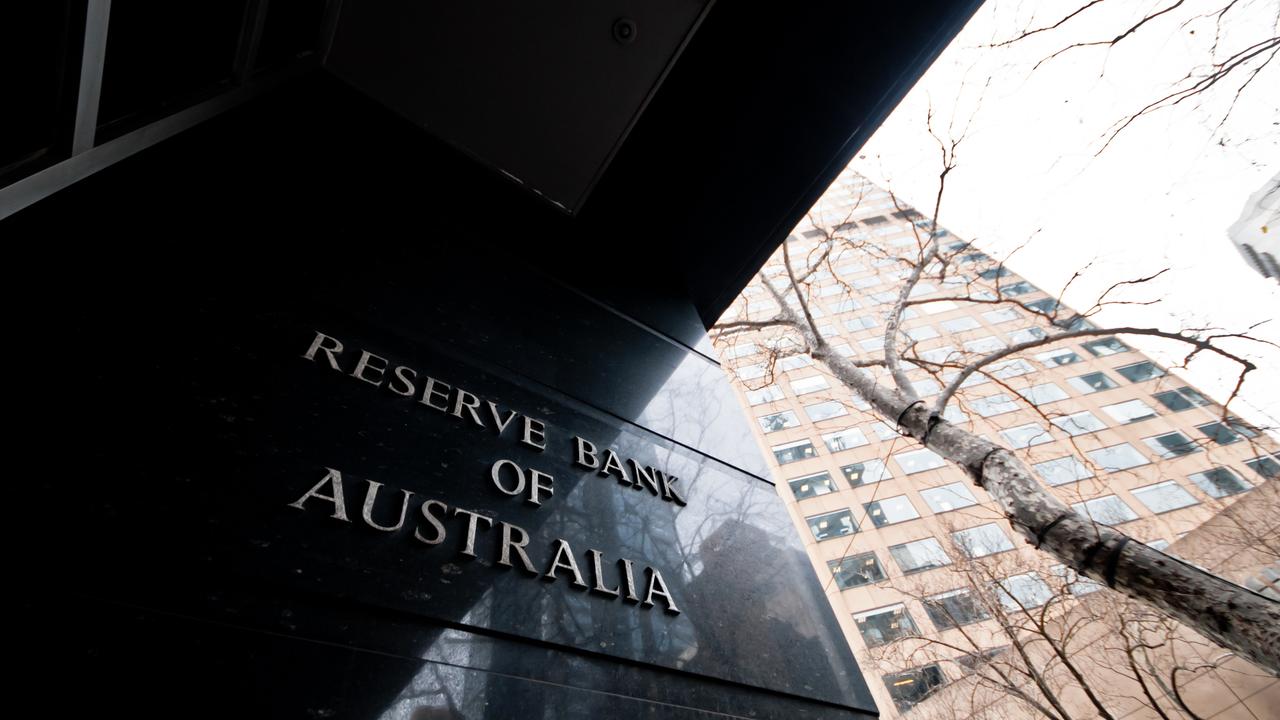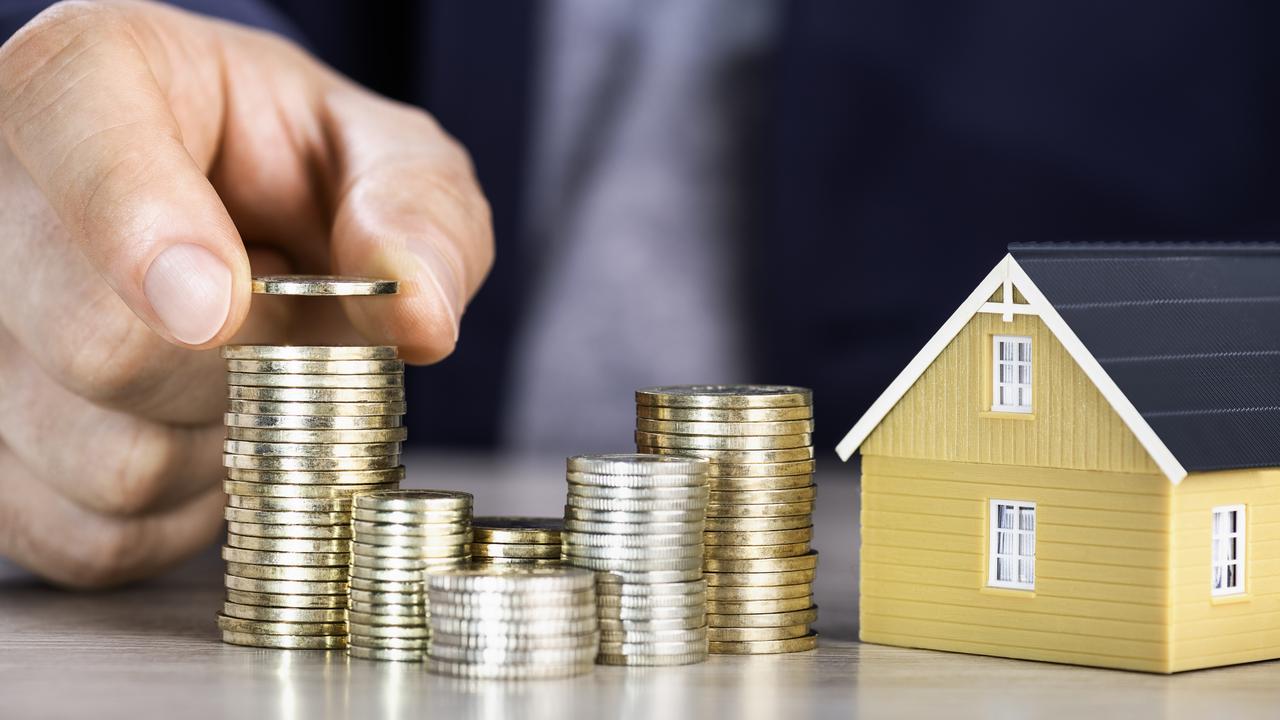How much the Reserve Bank could lift interest rates by on Tuesday
With the RBA set to raise interest rates for the third straight month tomorrow, one economist has warned about the balancing act Australia faces.
With the Reserve Bank of Australia (RBA) expected to continue increasing the national interest rate, expert economists are worried a recession may be on the horizon.
The RBA is set to meet on Tuesday with economists expecting the interest rate to be hiked up for the third time in a row. The major question is whether the official cash rate will rise to 1.1 or 1.35.
“(The RBA) has indicated that a 0.25 or a 0.5 increase is on the table – we think they’ll probably go with the 0.5 which will bring the cash rate to 1.35 from 0.85,” Dr Shane Oliver, chief economist at AMP said.
“The logic is simply that the economy is currently quite strong with unemployment down and the inflation rate at 5 per cent and still rising.”
A 0.25 increase would add a little over $100 to the monthly repayments on a $800,000 mortgage. The larger increase would add more than $200.
Dr Oliver said the cash rate was expected to continue to trend upwards for the rest of this year, but the rate of increase will likely be “slower” as the RBA seeks to balance the rise to cost of living pressures.
Stream more finance news live & on demand with Flash. 25+ news channels in 1 place. New to Flash? Try 1 month free. Offer ends 31 October, 2022 >

“So while we’ll see an 0.5 per cent hike in July, the interest rate and inflation rate will slow down such that by the end of this year we’ll only see a cash rate rise of 2.1 per cent and ultimately a peak of 2.5 per cent by the end of the first half of next year,” he said.
“What the RBA is trying to do now is they’re trying to signal that they’re really serious about getting inflation down and start to cool the demands of the economy.”
As the economy continues to recover from the economic consequences of the Covid-19 pandemic, Dr Oliver said the economic impacts of the war in Ukraine, the NSW-Queensland floods and the current energy crisis has continued to drive inflation rates up forcing the RBA to match that with upward trending interest rates.
“Effectively, higher interest rates have the effect of taking spending power away from households which takes off demand in the economy which helps lower inflation,” he added.
“But ultimately the economy will slow down faster than the Reserve Bank can keep up with because of all these cost of living pressures and the vulnerability to high interest rates.”

But Dr Oliver warned that the risk with using the interest rate to combat rising inflation rates was that it could generate a recession if cost of living grew to high for Australian households to manage.
“Real wages are falling because of the rise in prices for things like petrol, rent, energy, gas, supermarket items and so on – in other words people are losing purchasing power and when you add that on top of interest rate hikes, the impact to households are actually quite significant,” he said.
“While the RBA is committed to bringing inflation down it doesn’t want to bring on a recession – because if it does, inflation will collapse and we’ll be back to pandemic-level low inflation.”



